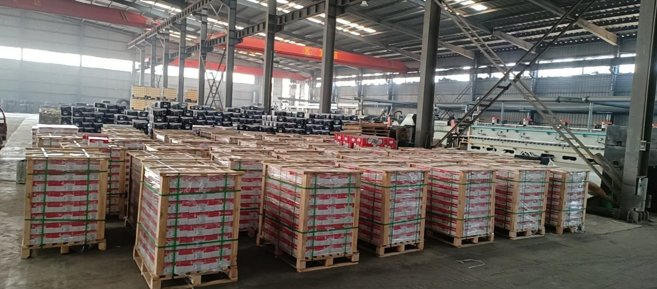plain flat washer
Understanding Plain Flat Washers A Crucial Component in Mechanical Applications
Plain flat washers are simple yet essential components used in various mechanical and construction applications. They serve a variety of purposes that contribute greatly to the integrity and functionality of assembled parts. Often made from metal, plastic, or rubber, these washers provide a reliable interface in a multitude of environments, from household projects to industrial machinery.
Functionality
The primary function of a plain flat washer is to distribute the load of a fastener, such as a bolt or a screw. By providing a larger surface area for the fastener head or nut to bear against, these washers help to prevent damage to the material being fastened. This is particularly important in softer materials, where the metal could easily deform under pressure. Additionally, they help in preventing corrosion by creating a barrier between the fastener and the material.
Versatility
Plain flat washers are highly versatile components that come in various sizes, materials, and thicknesses to suit different applications. Common materials include stainless steel, which offers corrosion resistance; nylon, which provides electrical insulation; and rubber, which can dampen vibrations. The size and thickness of the washer are selected based on the type and size of the fastener, as well as the load requirements of the assembly.
plain flat washer

Enhanced Performance
Using plain flat washers can greatly enhance the performance and lifespan of bolted joints. They can help in maintaining tension by preventing loosening due to vibrations. In dynamic applications where parts experience movement, the washer absorbs some of the stresses, reducing the likelihood of failure. In high-temperature applications, the right washer material can withstand extreme conditions, ensuring reliability and performance.
Installation and Maintenance
Installation of plain flat washers is straightforward, typically requiring the washer to be placed under the head of the bolt or nut. It’s crucial to select the appropriate size washer to prevent them from being ineffective or causing damage. Regular inspection of washers within mechanical assemblies is also recommended, as wear or degradation can lead to compromised joint integrity.
Conclusion
In summary, plain flat washers may seem like simple components, but their role in mechanical assemblies is invaluable. They provide load distribution, enhance the longevity of fastened joints, and contribute to the overall stability of structures. Choosing the right type of washer can drastically improve an assembly's performance, making them a fundamental element in engineering and construction. Whether you are working on a DIY project at home or dealing with industrial machinery, understanding the importance of plain flat washers can lead to more effective and durable designs.
-
Top Choices for Plasterboard FixingNewsDec.26,2024
-
The Versatility of Specialty WashersNewsDec.26,2024
-
Secure Your ProjectsNewsDec.26,2024
-
Essential Screws for Chipboard Flooring ProjectsNewsDec.26,2024
-
Choosing the Right Drywall ScrewsNewsDec.26,2024
-
Black Phosphate Screws for Superior PerformanceNewsDec.26,2024
-
The Versatile Choice of Nylon Flat Washers for Your NeedsNewsDec.18,2024










